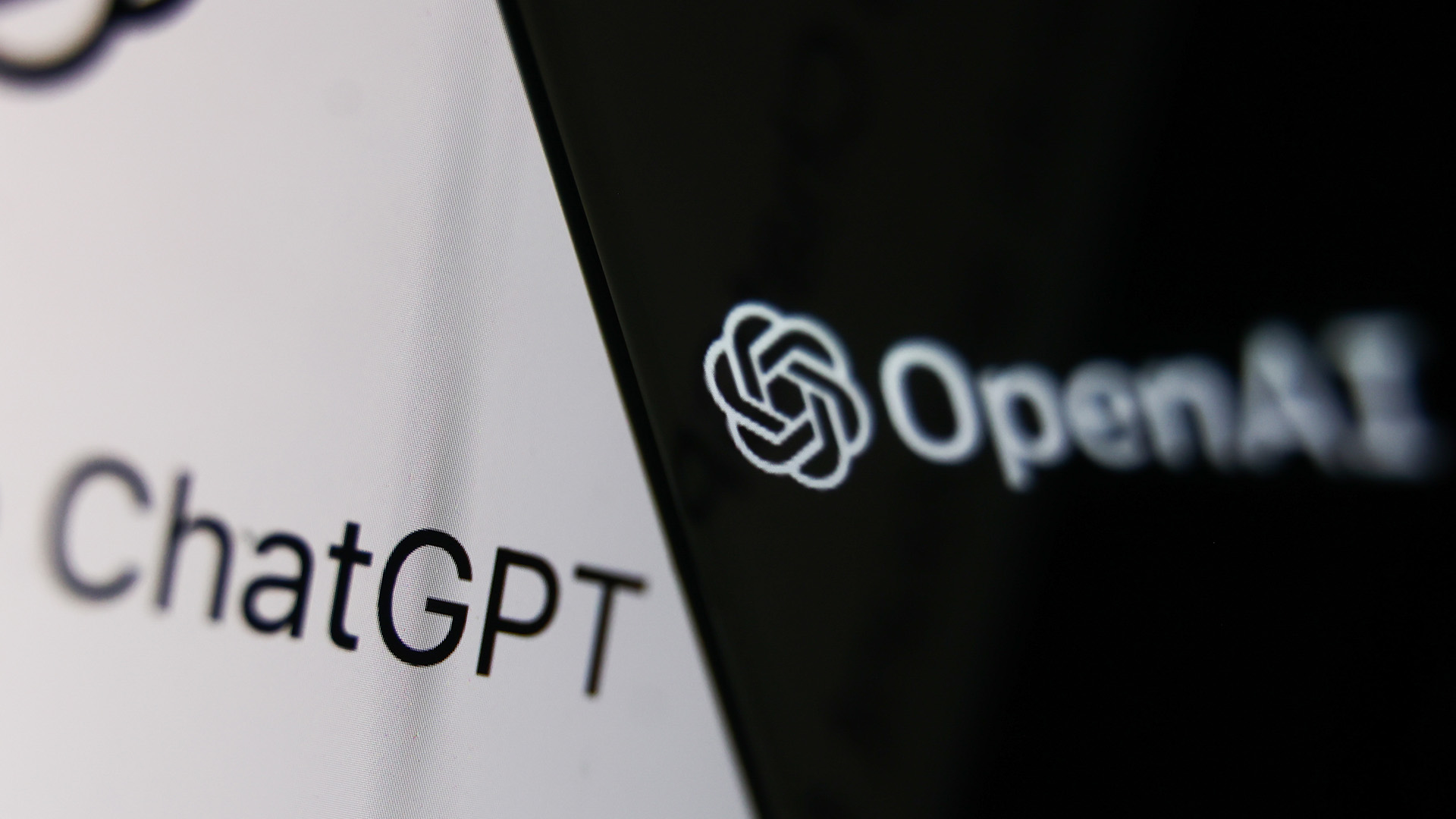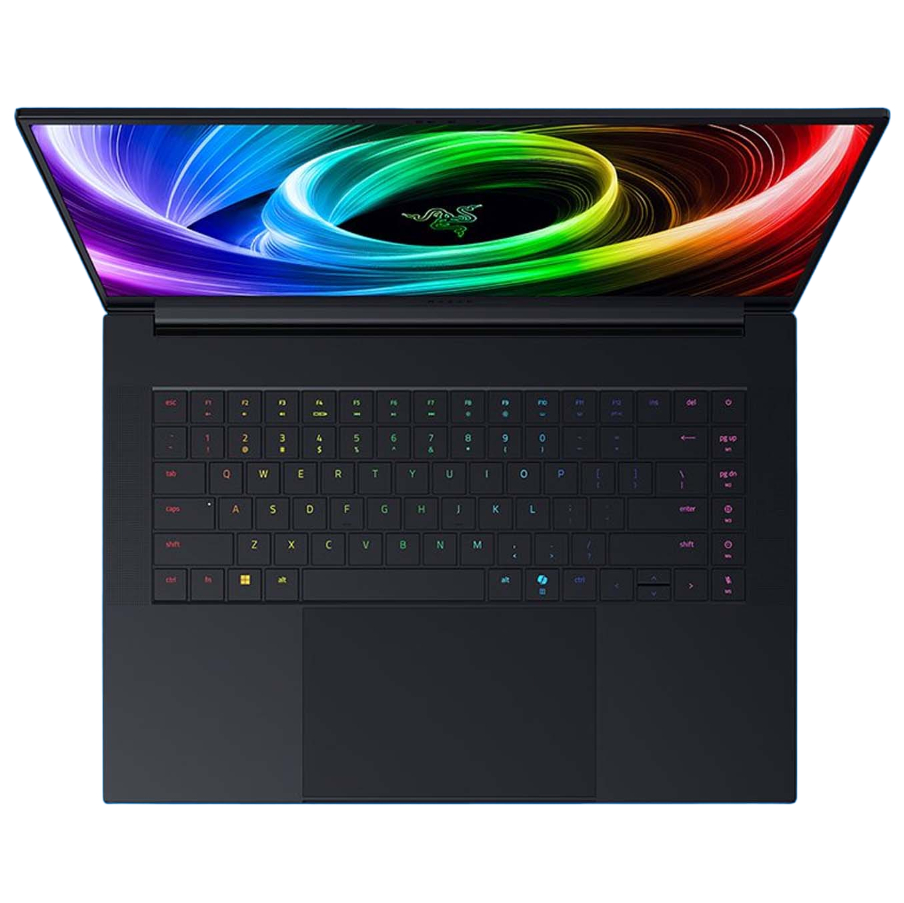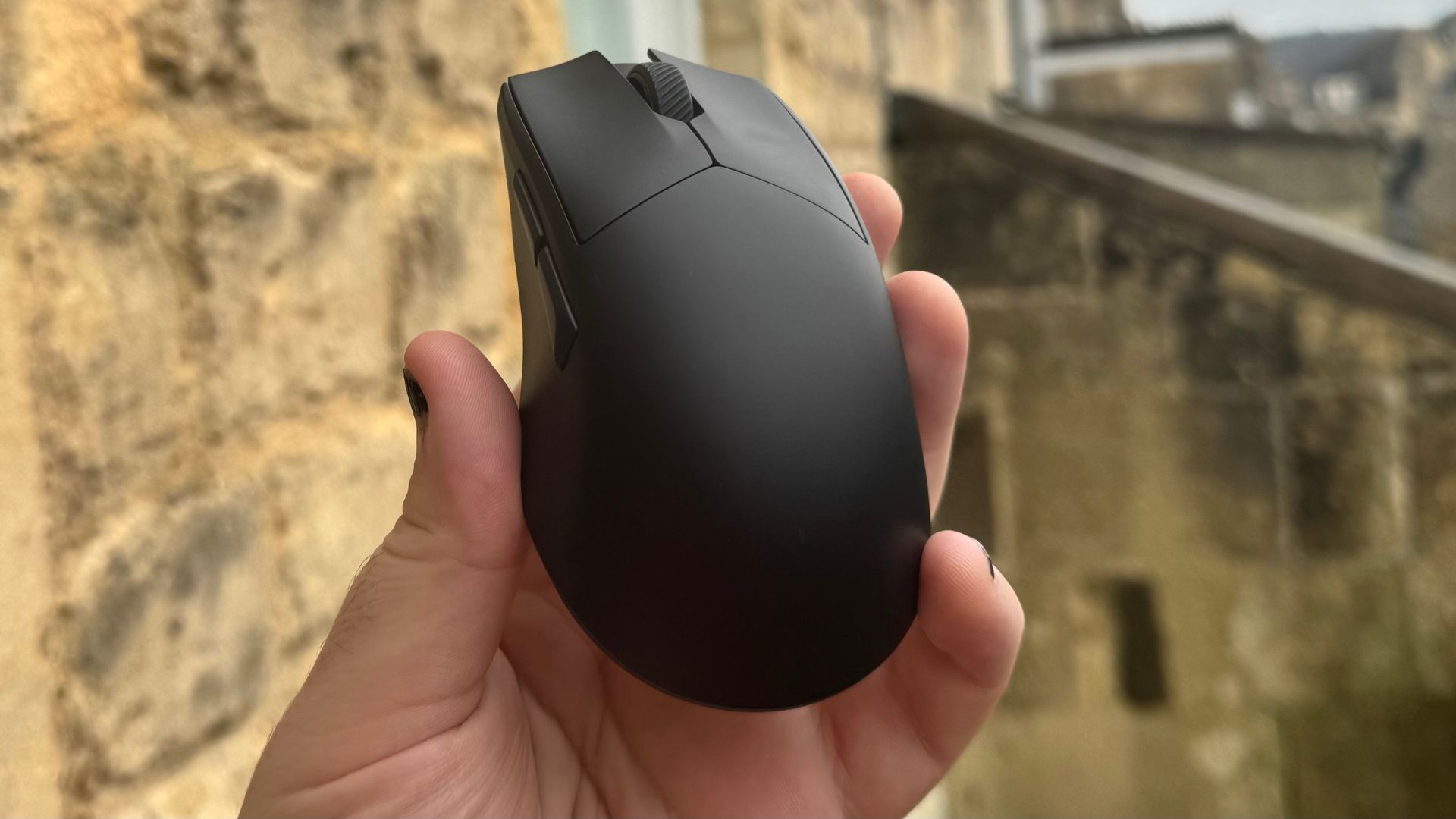ChatGPT removes the ability for conversations to be displayed by search engines as 'nearly 4,500 conversations' indexed by Google
It's suggested those opting in to share their information didn't know they were doing so.

It's no great shock that AI models scrape information from just about everywhere to train their data sets, but some users have been surprised to find their chats with ChatGPT turning up in Google searches.
As Fast Company reports, "Nearly 4,500 conversations come up in results for the Google site search, though many don’t include personal details or identifying information." In ChatGPT, if you chose to share a chat or prompt with someone else, you were hit with a tick option, which gave it permission to 'make this chat discoverable'.
Underneath this tickbox, in smaller text, sat the disclaimer, "Allows it to be shown in web searches". Fast Company reports that, though no identifying information came through, one of those publicly accessible chats "described in detail their sex life and unhappiness living in a foreign country, claiming they were suffering from post-traumatic stress disorder (PTSD) and seeking support."
This same chat reportedly included details of family history, friends, and interpersonal relationships.
In a conversation with Fast Company, AI ethicist at the University of Oxford, Carissa Veliz said: “As a privacy scholar, I’m very aware that that data is not private, but of course, ‘not private’ can mean many things, and that Google is logging in these extremely sensitive conversations is just astonishing.”
We just removed a feature from @ChatGPTapp that allowed users to make their conversations discoverable by search engines, such as Google. This was a short-lived experiment to help people discover useful conversations. This feature required users to opt-in, first by picking a chat… pic.twitter.com/mGI3lF05UaJuly 31, 2025
You might be wondering, 'What's the big deal? Users had to opt in to share this," but it's important to note that a checkbox as you go to share a chat may look like something else to a user. It may just look like a terms of service prompt, and 'making the chat discoverable' could be read as a necessary step for a friend or family member to see the prompt you chose to share.
According to Ars Technica, ChatGPT's opt-in discoverability box was initially defended as "sufficiently clear". Yet just a day after the publication of Fast Company's report, OpenAI CISO Dane Stuckey announced that the feature to share chats in web searches would be removed from the ChatGPT app.
Keep up to date with the most important stories and the best deals, as picked by the PC Gamer team.
"Ultimately we think this feature introduced too many opportunities for folks to accidentally share things they didn't intend to," says Stuckey, "so we're removing the option. We're also working to remove indexed content from the relevant search engines."
I don't much like Google's AI overview, but I think I'd like it even less if it gave me back chats people had with ChatGPT. It's a good reminder that, even with this tickbox now gone, sharing any information online can sometimes lead to that data being used for training AI models, or end up being displayed to the public in its entirety. So, as always, be careful what you share.

👉Check out our list of guides👈
1. Best gaming laptop: Razer Blade 16
2. Best gaming PC: HP Omen 35L
3. Best handheld gaming PC: Lenovo Legion Go S SteamOS ed.
4. Best mini PC: Minisforum AtomMan G7 PT
5. Best VR headset: Meta Quest 3

James is a more recent PC gaming convert, often admiring graphics cards, cases, and motherboards from afar. It was not until 2019, after just finishing a degree in law and media, that they decided to throw out the last few years of education, build their PC, and start writing about gaming instead. In that time, he has covered the latest doodads, contraptions, and gismos, and loved every second of it. Hey, it’s better than writing case briefs.
You must confirm your public display name before commenting
Please logout and then login again, you will then be prompted to enter your display name.

